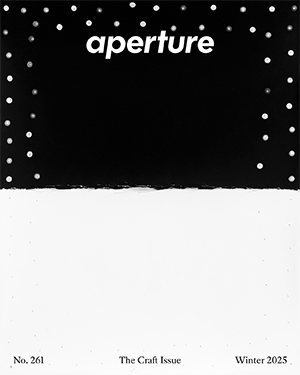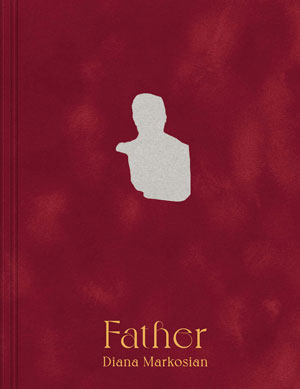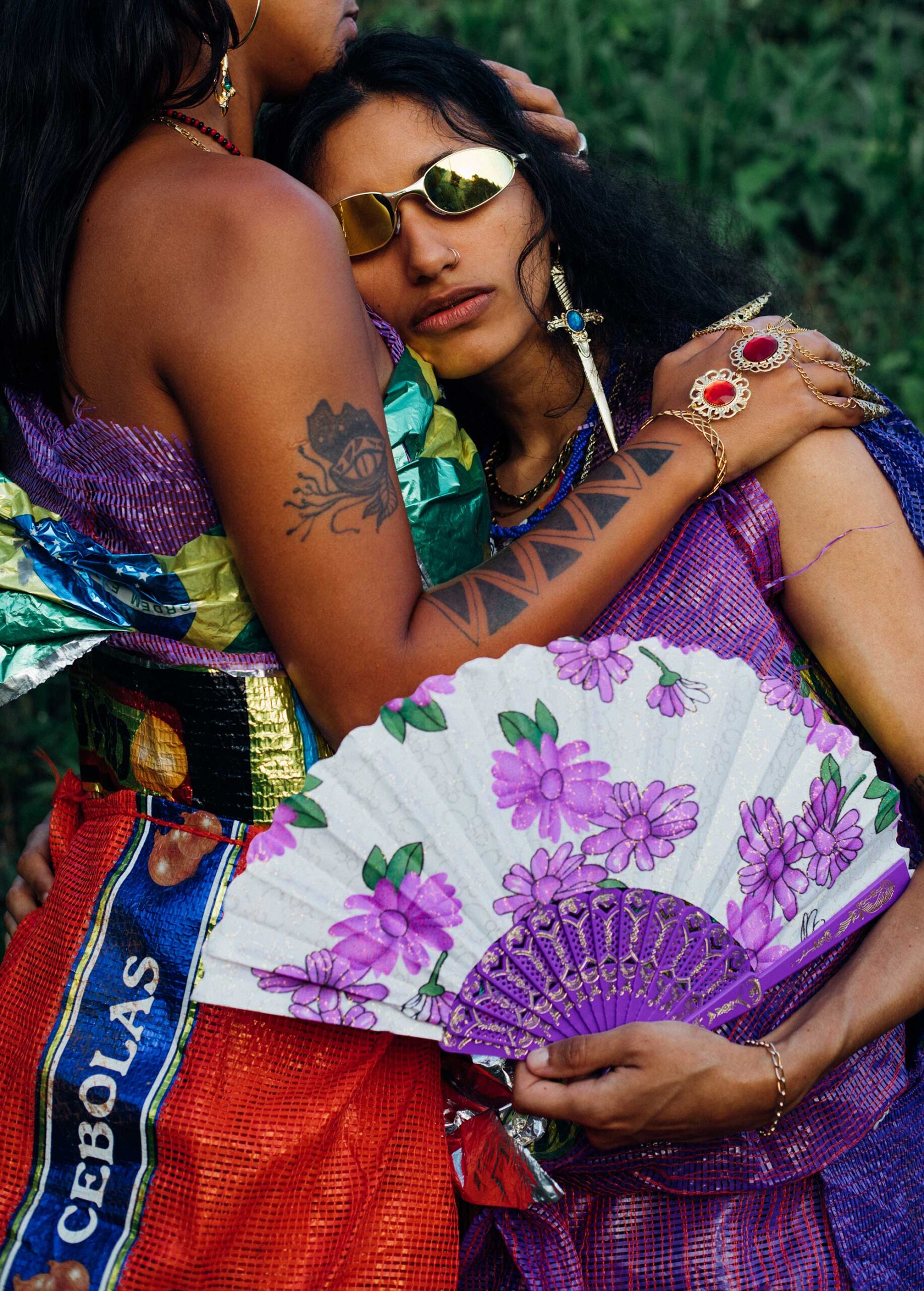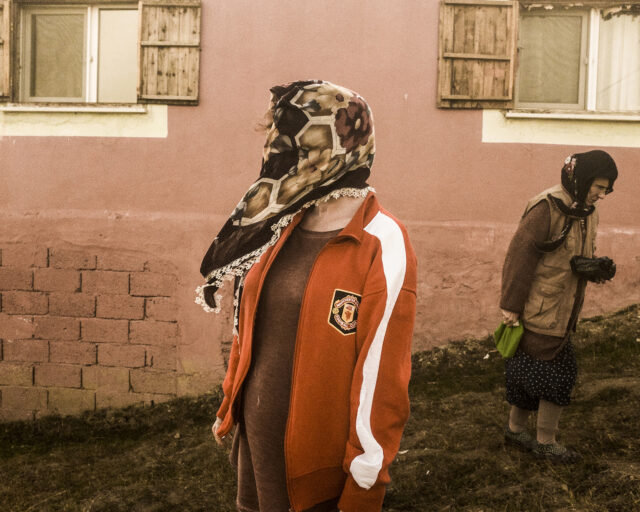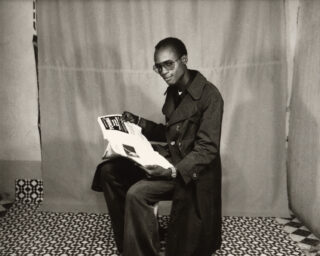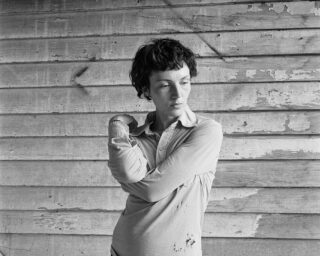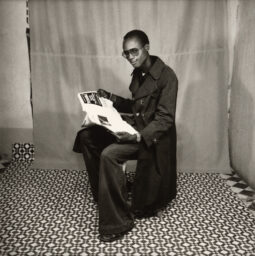Laryssa Machada, Before you love me, she was already loving me III, 2022
When she arrived in Salvador in northeastern Brazil in 2016, despite being only twenty-three years old, the photographer Laryssa Machada carried a suitcase full of the past—as well as a lot of future. After studying journalism and social sciences (but not completing a degree) in Porto Alegre in the country’s south, she wanted to create and recreate, write and rewrite. She gathered the tools offered to her up to that point, but she also went on to build her own based on her distillation of collective knowledge. “I wanted to give importance to things that journalism generally didn’t,” she says.
She decided to leave one of the most economically powerful regions of Brazil to live in one where social-inequality indices are startling. Out of Brazil’s five regions, the northeast is home to the greatest number of people living in poverty, according to a 2020 study by the Brazilian Institute of Geography and Statistics. This reality—fostered over centuries by political and economic interests—means that the images of the place almost always carry pain and misery instead of showing the many technologies, advances, forces, agencies, and lifestyles that permeate this vast area. Without docility or domestication, this beauty fills Machada’s still images and videos, which was nominated for the 2022 Pipa Award, one of the most important in Brazilian visual arts. Her work has also been included in several exhibitions, such as the 37th Panorama of Brazilian Art at the Museu de Arte Moderna de São Paulo.
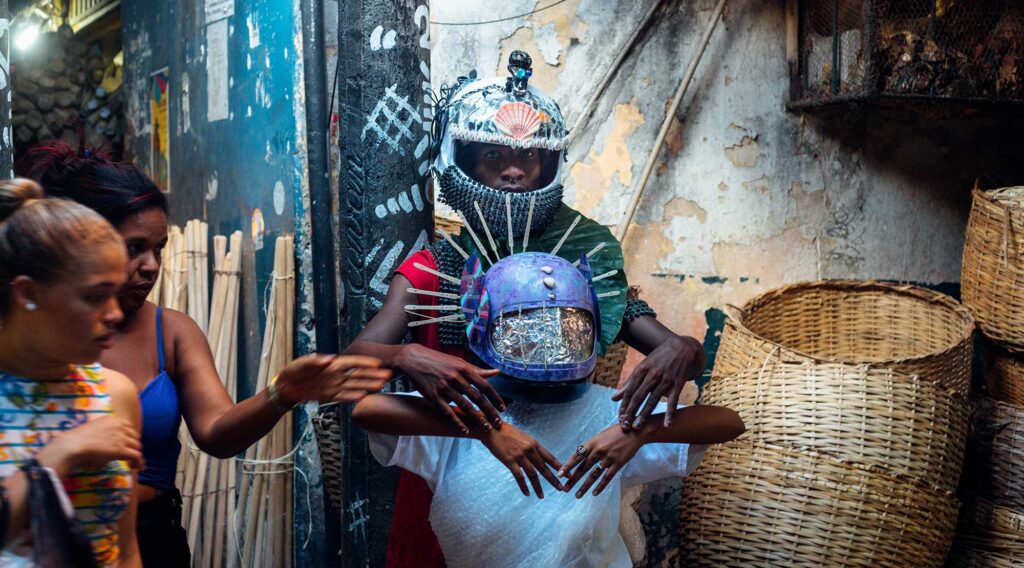
Machada photographed as she circulated through Salvador, doing odd jobs in restaurants and bed-and-breakfasts. She began to feel what she desired: a less technical and more fluid way of meeting and behaving. In her organic snapshot of the São Joaquim market, she blended people, beaded necklaces, Pomba Girastatues, bananas, chickens, peppers, trays of cilantro, shrimp, and more. She also gathered discarded bags previously used to wrap fruits and vegetables and repurposed them into garments. She then invited regular market customers—as well as other artists, including Vírus, Talit Pereira, Vivial Silva, and Lila Deva—to wear the outfits and pose among the stalls. The result is a series of performance photos titled (71) Interferências (71 interferences, 2019).
Among Machada’s cameras is an analog Olympus with a small defect in the shutter through which light can seep, transforming each image into an experiment that the photographer herself can’t foresee. “It’s a photo that I don’t control,” she says. The results of these surprises are often small pearls: in images of the Festival of Santa Bárbara, held in December in Bahia, smudges are presences, presences are smudges, and red emerges like a child to be lullabied.
Machada, who moved to São Paulo in 2023, is an experienced documentarian: in 2014, she recorded Indigenous people, quilombola communities, fishermen, and field hands in Rio Grande do Sul for the agricultural organization Empresa de Assistência Técnica e Extensão Rural. Those images provided the centerpiece for her 2015 exhibition of minidocumentaries and photographs at the Centro Cultural CEEE Erico Verissimo in the heart of Porto Alegre. That same year, her work Elas mergulham na carne vermelha do solo (They dive in the red meat of the earth, 2013) was featured in an exhibition at the cultural center Usina do Gasômetro, also in Porto Alegre. The series of twenty-four black-and-white photos shows HIV-positive women in Malawi, where Machada had lived in 2013 for six months. In 2016, she produced the documentary Somos Río (We are river), in which she chronicles the struggle of the Munduruku people from the state of Pará, in northern Brazil, against the development of hydroelectric dams. In 2017, she traveled to southern Bahia to photograph and direct the documentary Jaçanã Pahab Joopek, named for its protagonist, a healer and midwife from the village of Aldeia Velha.
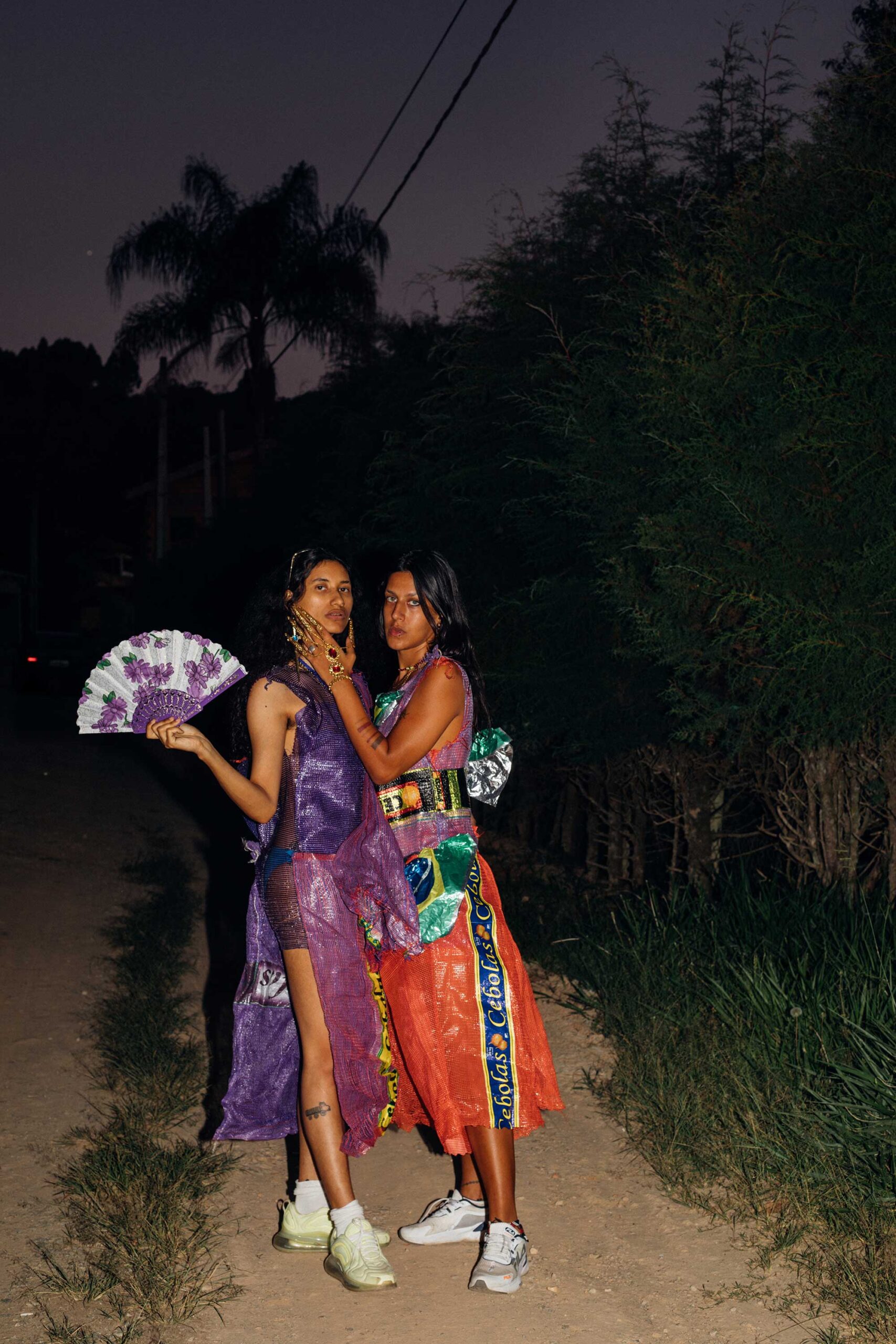
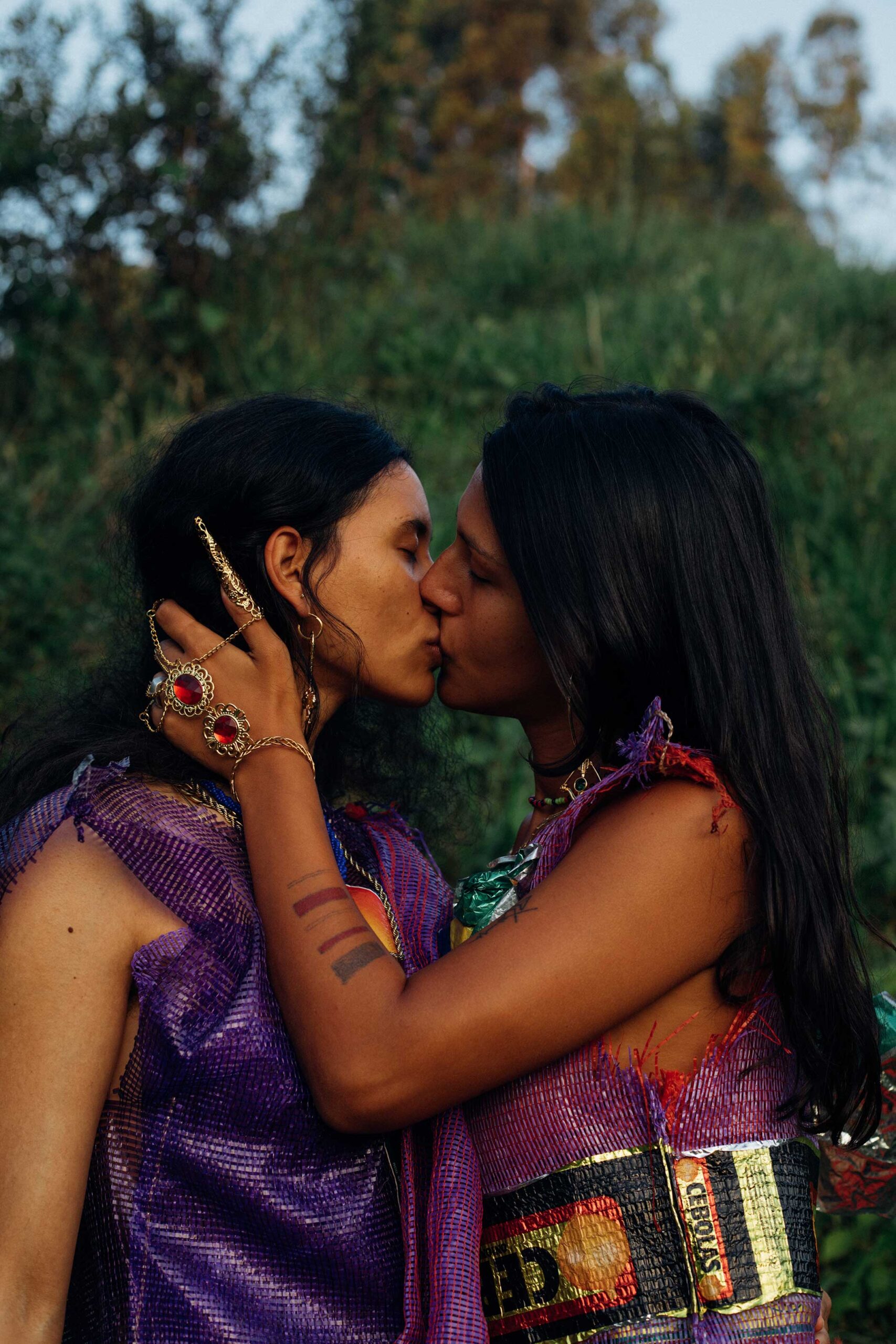
“I didn’t imagine being an artist,” Machada says. “That seemed far-off to me. But when my work began to circulate, I thought, Wow, I wish my grandmother, my great-grandmother were able to witness these things happening.”
Issues of race, territoriality, memory, capitalism, and destruction enlace Machada’s research. These have begun to circulate with unprecedented frequency in galleries and magazines, in Brazil and beyond, with substantial interest in Black, LGBTQIA, Indigenous, and other artists from historically marginalized groups. For Machada, this landscape is also a crossroads. “The space of hypervisibility appears at the same time these existences are being extinguished,” she says. “This is the central point. It’s not enough to have the images and not guarantee basic rights, housing, health care, food. We are talking about human beings, about people, not a bunch of pixels.” For this reason, self-narration is crucial. To maintain the spirit of different populations that are particularly downtrodden, one tactic is to keep secrets. “Many things only remain alive because they aren’t revealed,” she says.
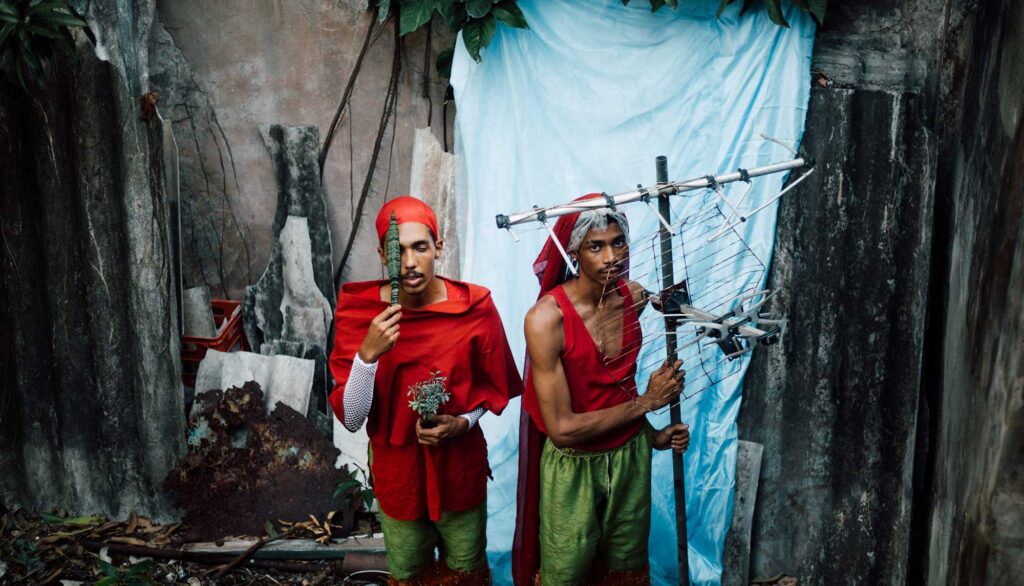
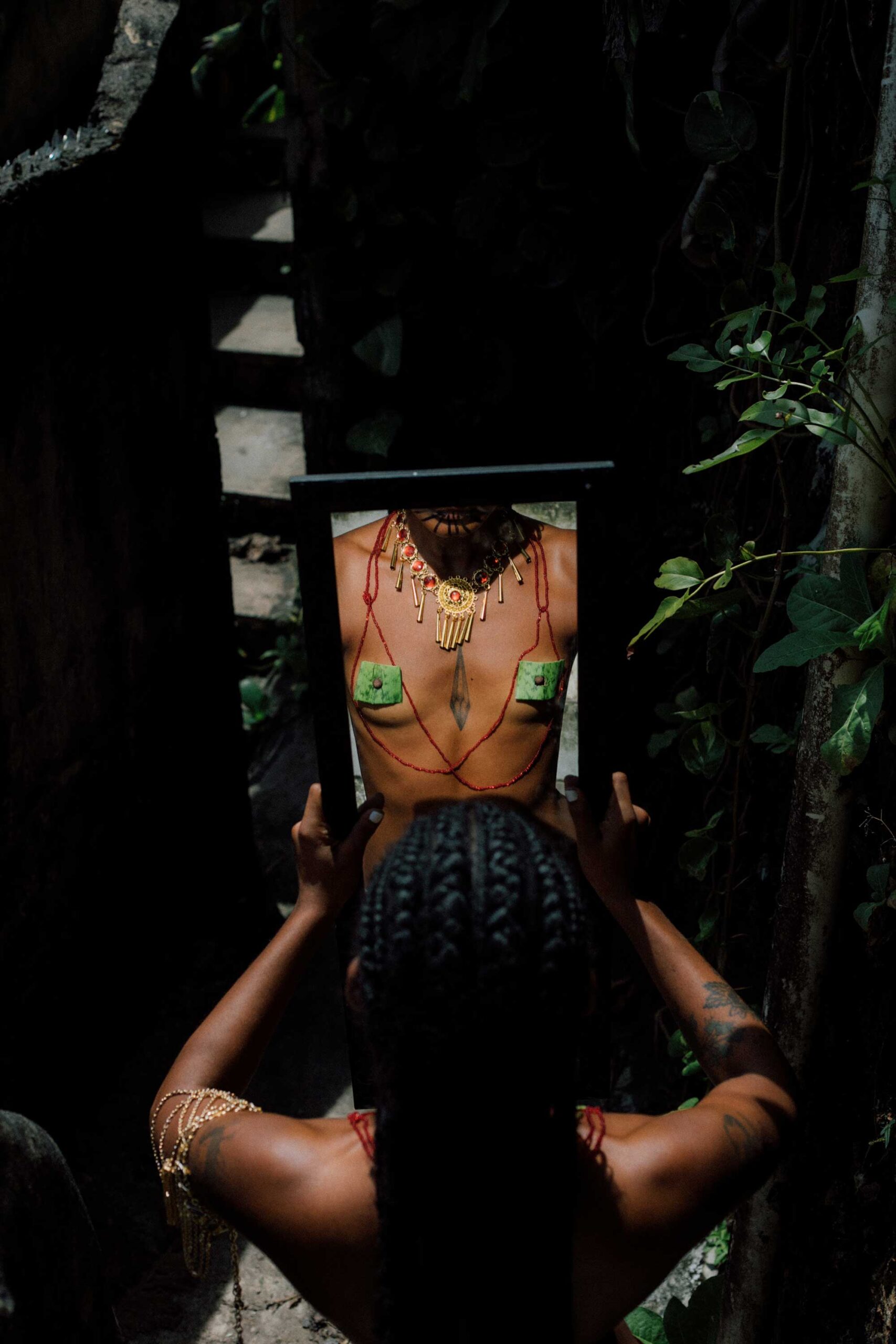

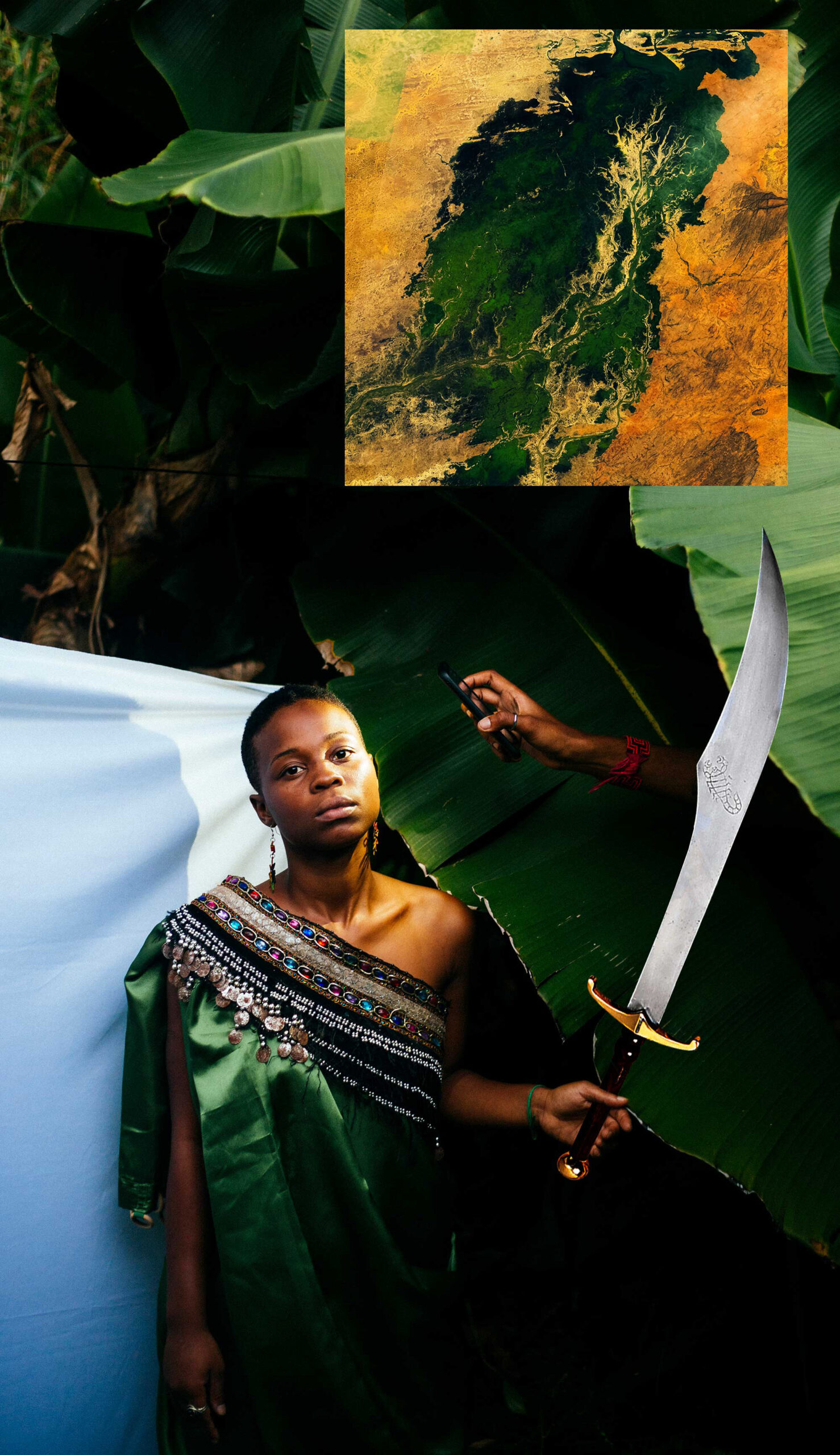
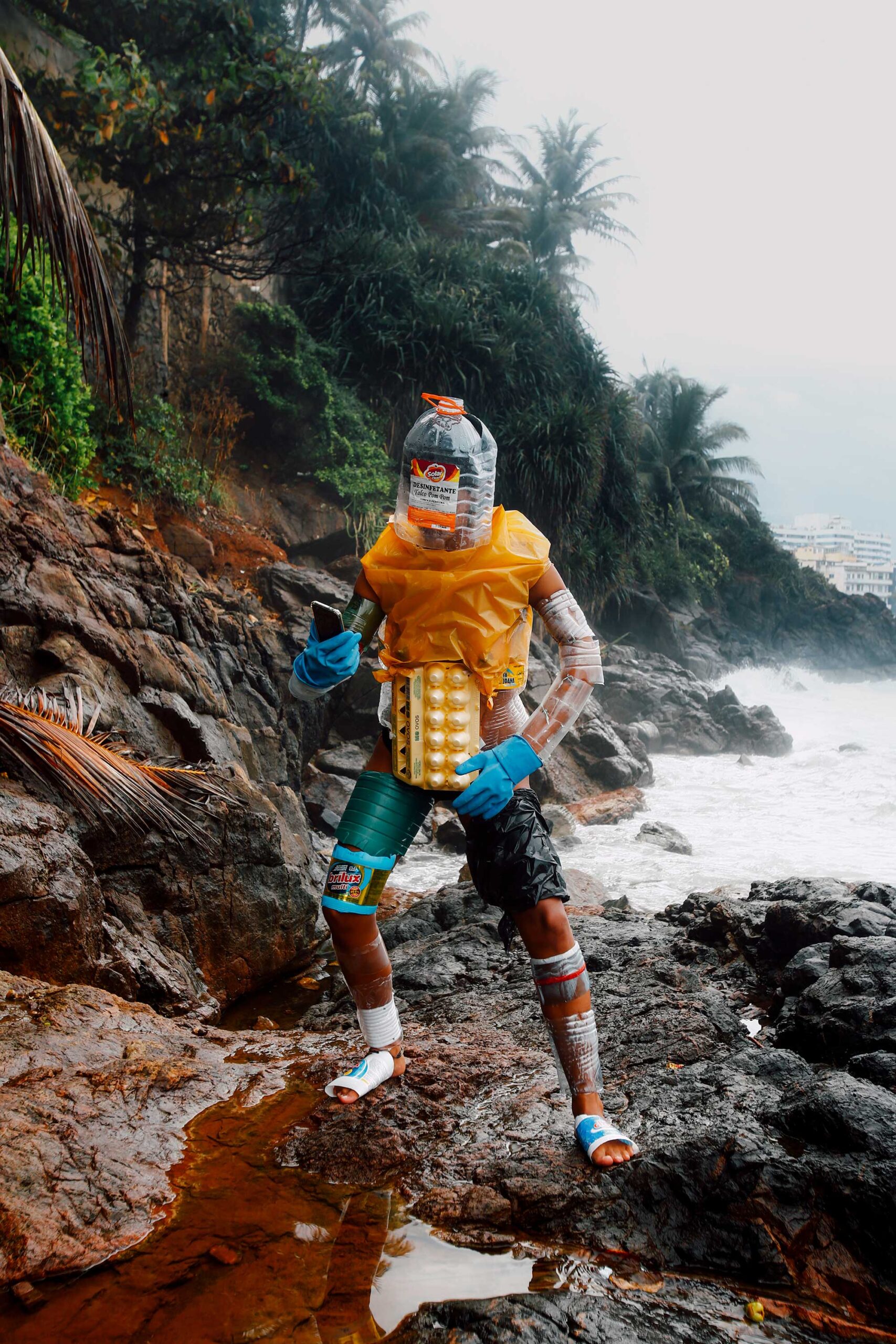


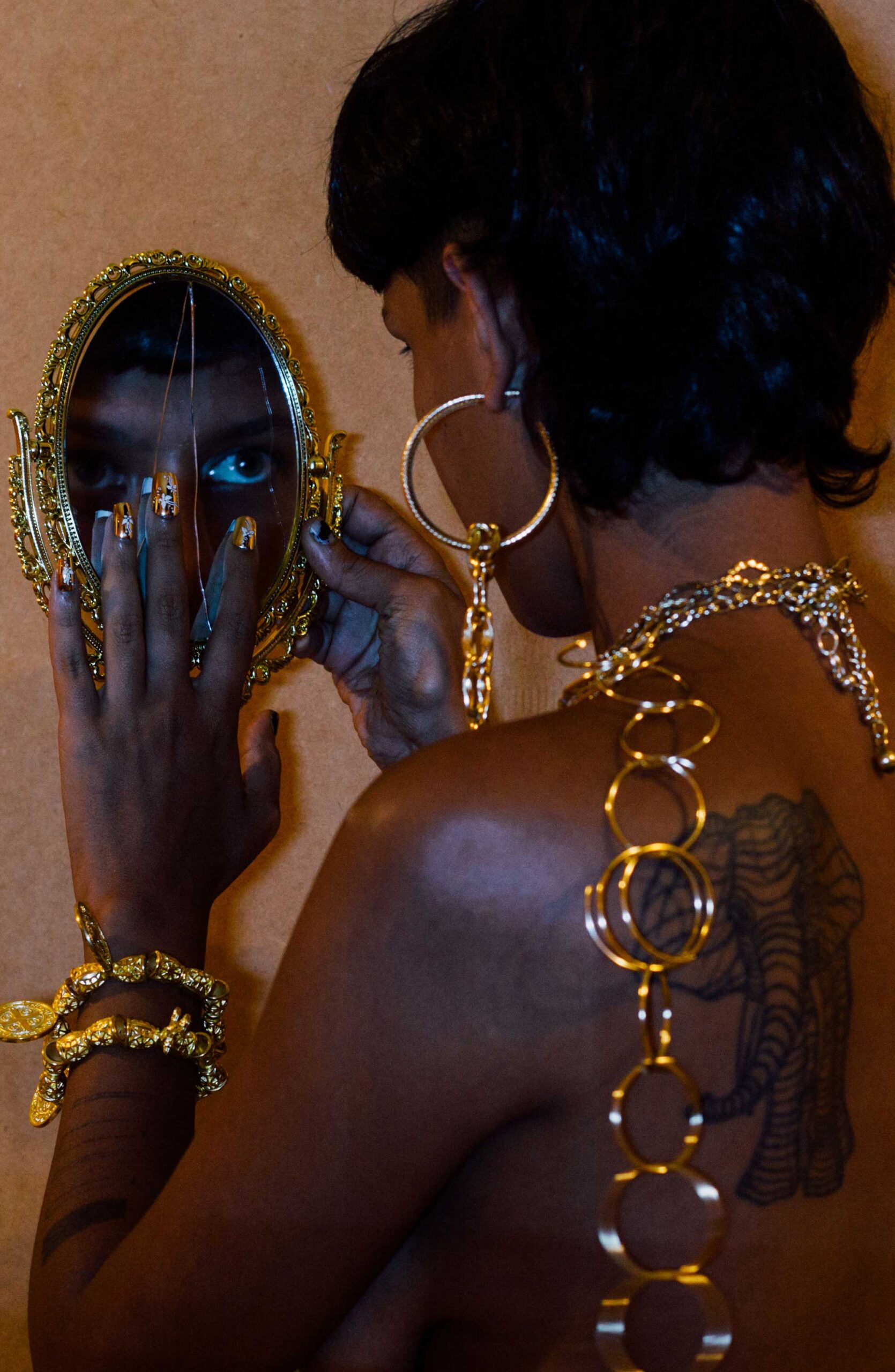
All photographs courtesy the artist
Translated from the Portuguese by Zoe Sullivan. Read more from our series “Introducing,” which highlights exciting new voices in photography.
